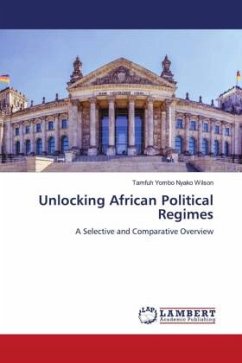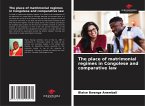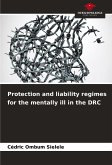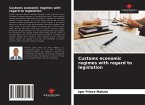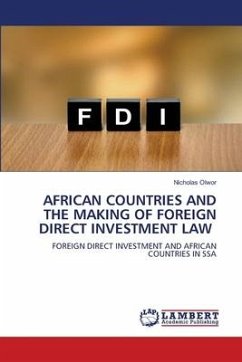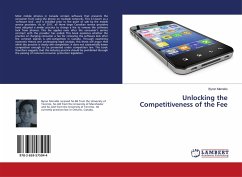The author unlocks the intricate tendencies involved in African Political Regimes; mainly an interaction of the organs of government (legislature, executive and judiciary) and their impact on the welfare of national citizens. A survey is done of representative States selected from the Central African region (Cameroon), East Africa (Kenya), Southern Africa (South Africa), North Africa (Libya) and West Africa (Nigeria). The history and Constitutions of these States beg for a more prosperous and democratic methods in leading Africans. Topics like military coups, women in leadership, presidential elections, regionalism, unwarranted constitutional revisions, terrorism and development issues are unraveled. The goal is to suggest better democratic and good governance leadership for a continent that is notorious for unnecessary coups d'etats, genocides, wars, oppression of minorities, corruption and poor governance. African Constitutions should limit terms for executive leaders who should rule democratically within their term years, using State funds to care for their populations, creating opportunities for employment and exploiting abundant resources through good governance and wisdom.
Bitte wählen Sie Ihr Anliegen aus.
Rechnungen
Retourenschein anfordern
Bestellstatus
Storno

